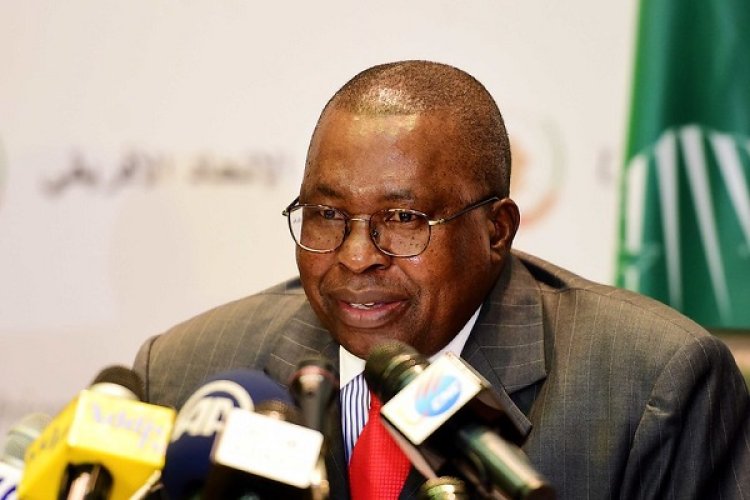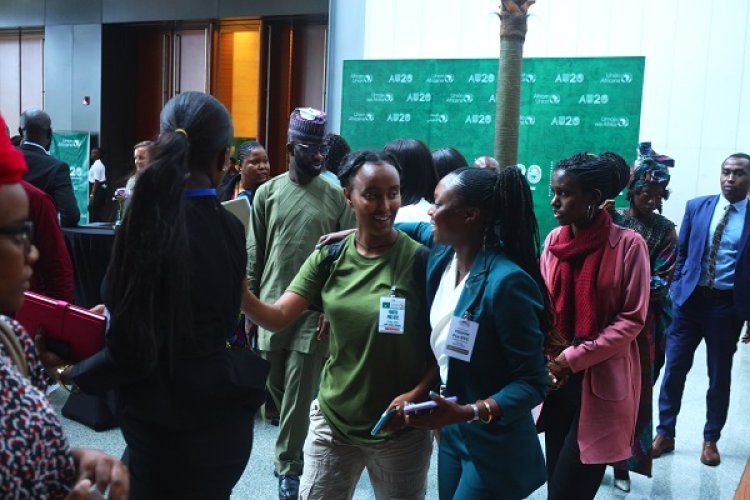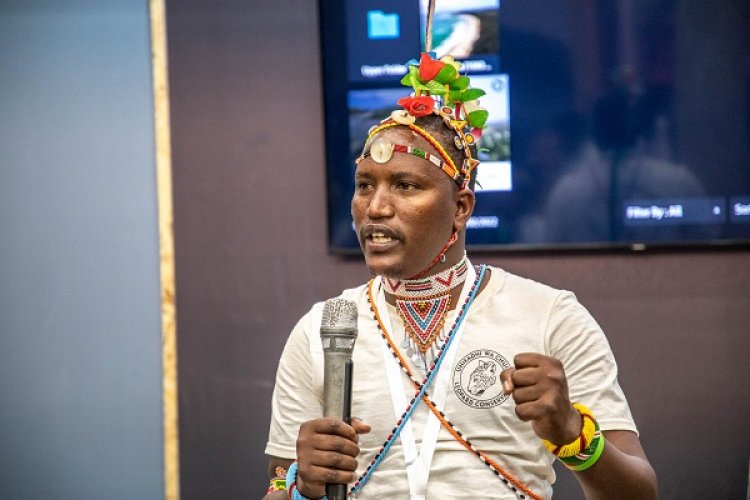It may have come as a shock to many when, after more than two years of the Covid-19 pandemic-induced closures of educational institutions, a wave of rejection of degrees and qualifications obtained via online and distance learning emerged in a number of African countries over quality concerns.
Like in other parts of the world, the prolonged closure had seen both public and private higher learning academies across Africa embrace the new normal: The shift to online teaching and learning in what is popularly known as Online Distance Learning (ODL).
The shift had effectively removed the long-standing geographical limitations to access to university education, allowing people – who were largely stranded at home at the time due to lockdowns across the continent – to pursue courses at learning institutions of their choice.
It had for long been the privilege of a few who could afford time and costs associated with travelling beyond borders to physically attend classes at campuses in capitals and towns of Africa.
Prevailing dilemma
However, little did those who pursued education under these circumstances know of the prevailing lack of mutual recognition of academic qualifications and the effects it would have in their quest to apply the skills locally upon graduation.
For years, graduates of cross-border education had been battling the problem. The covid-19 pandemic only exposed the extent of its toll, and it could be waiting to happen to many more people, if unchecked.
Many have since found themselves in an uncomfortable situation as national accrediting agencies raise doubts as to whether the education acquired through online classes meet the required quality threshold, and exhibited hesitance to approve attained degrees for use to secure employment.
For many, the dilemma prevails to date, and it highlights a long-standing problem that haunts a big number of people, especially young Africans who move beyond their own countries’ borders in search of educational opportunities hoping to make a difference in their lives and their communities.
For years, graduates of this cross-border education had been battling the problem. The covid-19 pandemic only exposed the extent of its toll, and it could be waiting to happen to many more people, if unchecked.
It’s been almost ten years since the African Union, UNESCO and other partners started engaging, with little success, Governments on the continent to ratify and enforce the Convention on the Recognition of Studies, Certificates, Diplomas, Degrees and Other Academic Qualifications in Higher Education.
Adopted on December 12, 2014 in Addis Ababa, the continental legal instrument entered into force five years later (December 15, 2019) after garnering ratifications by at least 10 countries.
With most countries having national quality assurance and qualifications frameworks, it sounded like a straightforward thing to hormonise standards and integrate in ways that benefit millions of young people and others pursuing education across the continent.
Long wait
However, not much progress has been made since. Only 14 of the African Union member States so far ratified the legislation. The convention got only two ratifications over the past four years, by Zambia and Cabo Verde in 2021 and 2022 respectively.
The universal ratification and subsequent enforcement by all AU member states would see qualifications obtained from accredited institutions of higher learning in any African country, including those attained through online and distance learning, recognised, thereby allowing graduates to exercise their professions across the board.
Only 14 of the African Union member States so far ratified the legislation. The convention got only two ratifications over the past four years, by Zambia and Cabo Verde in 2021 and 2022 respectively.
The slow progress with regard to ratifications implies that even people in the states that are currently bound by the Convention could have to wait longer to leverage the benefits provided for in its provisions.
It remains so even in the light of the social and economic consequences of the nations’ continued mistrust of one another’s higher education qualifications, and despite nations making strides on other integration fronts such as establishment of the African Continental Free Trade Area (AfCFTA) on January 1, 2021.
Matter of urgency
This created continental market will need skilled labour to power the trade and industrialization, and mutual recognition among education players could position the continent to easily achieve that since academies are key to delivering the pool of talents that are needed to drive desired socio-economic transformation.
The mistrust has even far-reaching implications on Africa’s quest to unlock its massive knowledge economy potential. It restricts career choices for millions of young people pursuing education across borders, and it acts as an impediment to regional academic mobility and exchange of skills, all of which weigh down quality of education.
Governments in Africa need to expedite the ratification of the Addis Ababa Convention and move ahead to enforce it as a matter of urgency if the continent is to catch up with the rest of the world, address the long-standing parity in education quality, and tackle the rampant brain drain.
The Covid-19 pandemic disruption of the education sector demonstrated how Africans yearn for an environment that allows them to access higher education opportunities without geographical limitations.
Serving this need should be on the list of key priorities of African politicians going forward.
~ The article was first published by TRT Afrika










